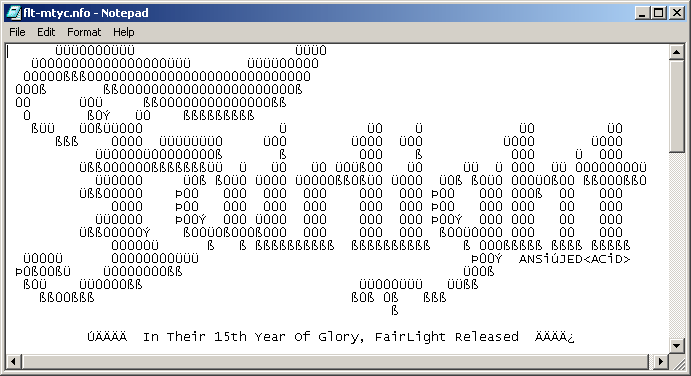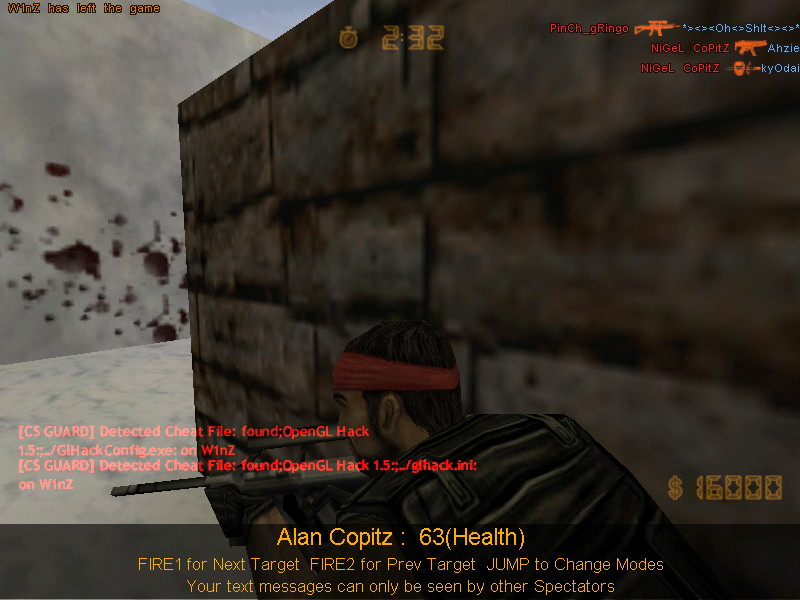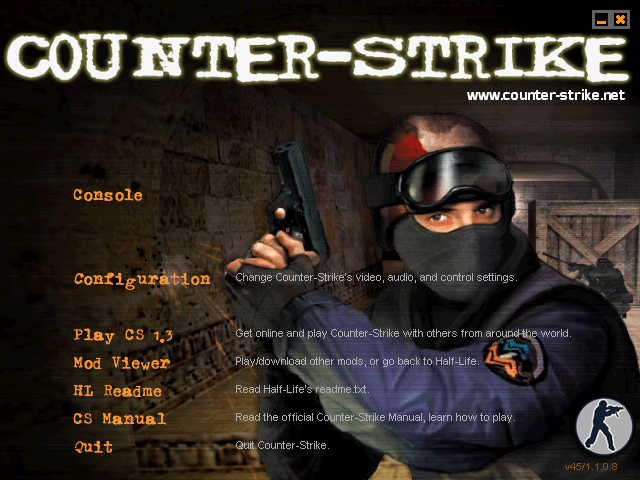
Video Game Subcultures: Cracks, Cheats, and Mods
For video game subcultures playing video games is not the only way that video games are enjoyable; for some it is cracking the video games. Cracking is a method by which people can change or alter the code of a video game so that the games can be used without purchase. Video games, like any piece of software now days, comes with security features that ensure that a user cannot give to a friend a copy of the software. There are groups of people who crack video games for fun. They form groups known as Clans. These clans are a group of people that try to be the first to come out with a crack to a video game and distribute them. While video game manufacturers trying to pump out the coolest video games the fastest, the cracking clans are trying to crack them better and faster than the other clans. They even put their clan logo on their distributed cracks; the subversive cracking clans take as much pride in their work as their legal counterparts. If cracking is to some degree a political message (i.e. anti-corporate), then can these Clans be considered revolutionaries? Does this subculture actually help society in any way?
 |
A logo for a Cracking Clan called Fairlight. Notice their claim to fame for the past 15 years. |
Cheating at video games can add to the culture by changing the game to make it less formulaic. Cheating implies that users are putting in "cheat codes" so that players can shoot through walls, auto-aim, take more bullets before they die, etc. Cheating also has the ability of changing the nature of the game as not just terrorists and counter-terrorists (Counter-Strike) slugging it out, but a kind of "uber-human" fighting with the cheat codes in a meta-game. On the other hand, there are the people who see a game as an imersive world of magic and fantasy. Do players subscribe to a certain set of rules when they play a video game? Are the rules of the code there to create the illusion of a fantasy world? If so, then are "cheaters" a nuisance that take away from the fantasy and immersive nature of video games? Do cheats run against corporate strategy?
 |
Messages informing other players about cheaters disrupting the visual element of the game. Here other players are informed about people that have been caught cheating. |
Game Mods are an example of legal cracking of video games.
A "Mod" is a modification made to a game that changes the nature and
some time goal of the game. Whereas cheating is when people change the rules
of the existing game to win, Mods create whole new worlds and rules for the
existing game. In other words, Mods are when users create their own skins for
a game using the original game architecture and gamming engine. A user can run
cheats on a mod (as in Counter-Strike), and not the other way around. The original
game developers like mods because it gives their product more visibility and
creates a cult following. Mods can also give the original game develops ideas
for future games since the mods reflect the aspects that the gamers like the
most about a game. The Mods are indicative of the video game and "techie"
phenomenon of the constant need for improvement and new material. The mods allow
users to creatively interact with the game by creating their own fantasy world
with rules to play by. These Mods are played either alone or in an online community.
 |
Counter-Strike is a Mod for the popular Half-Life game. The Mod is self- perpetuating, complete with a "Mod viewer" to add other Mods to Counter-Strike (a Mod to the Mod). |
Anontated Bibliography in Progress